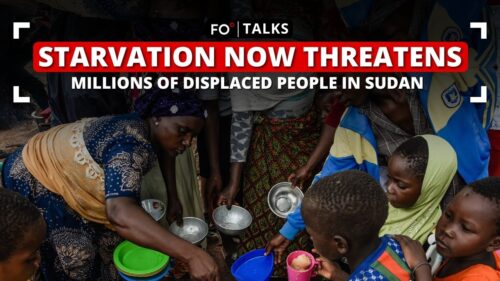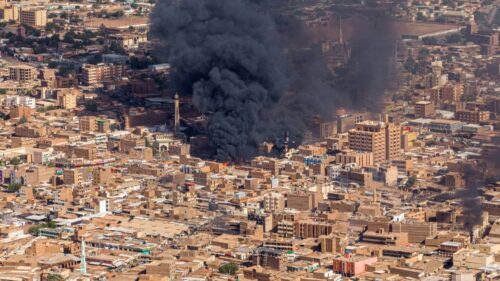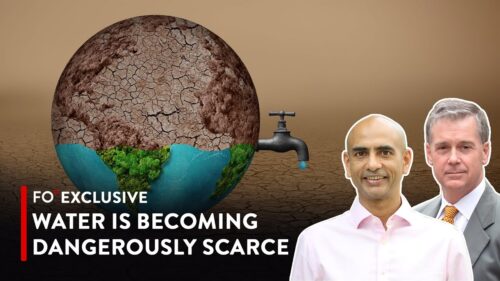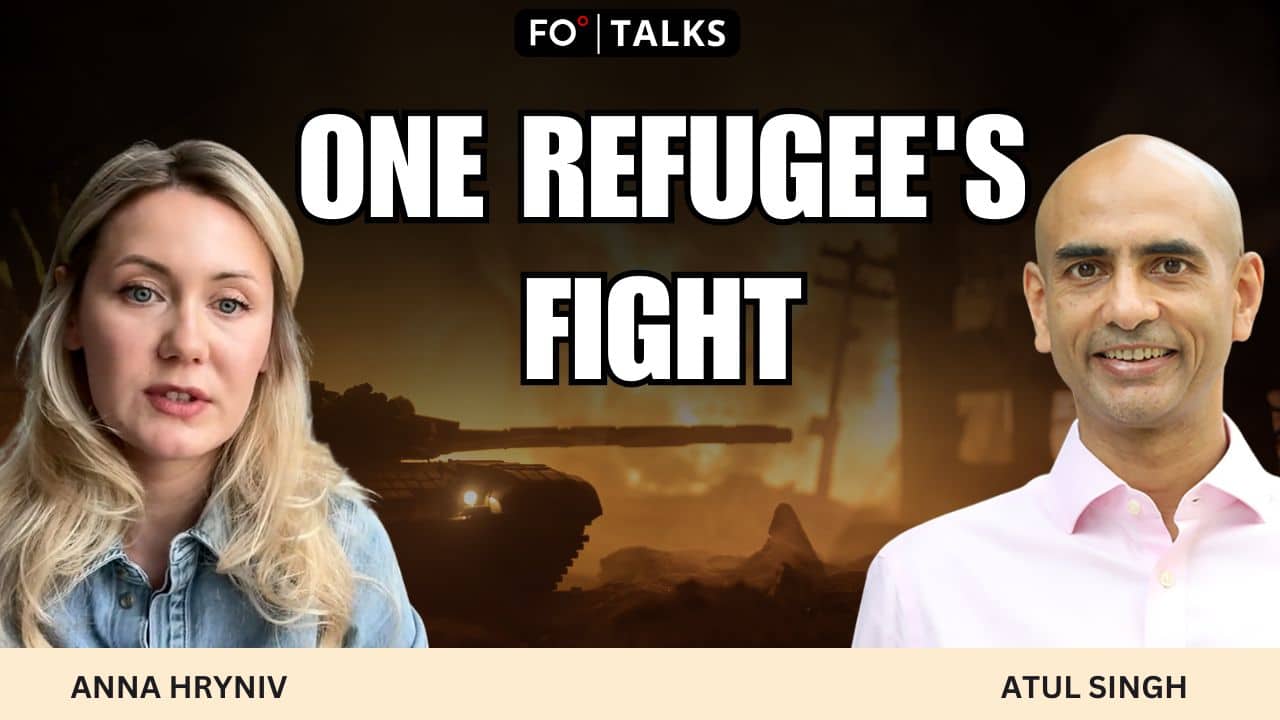[On December 31, 2024, we predicted seven developments for 2025 and boldly went where only fools, angels and astrologers dare to go. So, what can we expect in 2025? To borrow words from the military, a more volatile, uncertain, complex and ambiguous (VUCA) world. This is Part 6 of a seven-part series. You can read Part 1, Part 2, Part 3, Part 4 and Part 5 here.]
In 2024, militant Islamist violence in Africa reached a record high. Fatalities have nearly tripled since 2020 to approximately 11,000. This violence has displaced over 45 million people, a 14% increase over the 2023 figure. Last year marked the 13th consecutive year in which this figure has risen.
Russia has now emerged as a major player in Africa, displacing France in many countries. Moscow has conducted multiple disinformation campaigns and sent mercenaries to many conflict zones, such as Mali, Niger, Libya and Sudan.
Sudan’s conflict is Africa’s biggest crisis
The implosion of Sudan is the biggest crisis in Africa today. It has exacerbated the tensions in an already fragile region, worsening conflicts in neighboring states and increasing political instability. The internal conflicts in Libya, Chad, the Central African Republic, South Sudan and Ethiopia are now further complicated by Sudan’s instability.
Foreign powers, most notably the United Arab Emirates, Russia, Iran and Egypt, are inflaming Sudan’s conflict. They have deployed drones, munitions and mercenaries. They also patronize the smuggling of resources. This scramble for influence risks Sudan fragmenting into a collection of client states, sidelining civilian voices and popular sovereignty.
Climate change has increased African food insecurity
Over 11.5 million Sudanese have been internally displaced, and more 2.3 million have fled the country since the civil war began in April 2023. Food shortages are estimated to be killing hundreds of people daily. An estimated three million people are facing acute food insecurity.
Experts point out that droughts and floods are a key reason for increased conflict. Climate change means that places lack rain for longer periods or get too much rain in too short a time. This means the land is less productive, even as populations rise. This explosive combination has led people to fight over water, pastures and land.
In 2024, an estimated 163 million Africans suffered from acute food insecurity, over 10% of the continent’s population. This figure is nearly triple that of five years ago. Many of these Africans are crossing the Mediterranean Sea to get to Europe.
Lee Kuan Yew, the late Singaporean statesman, once warned that if Europe did not export prosperity south, Africa would export people north. That is exactly what is happening.
[Anton Schauble and Lee Thompson-Kolar edited this piece.]
The views expressed in this article/video are the author’s own and do not necessarily reflect Fair Observer’s editorial policy.










































Comment